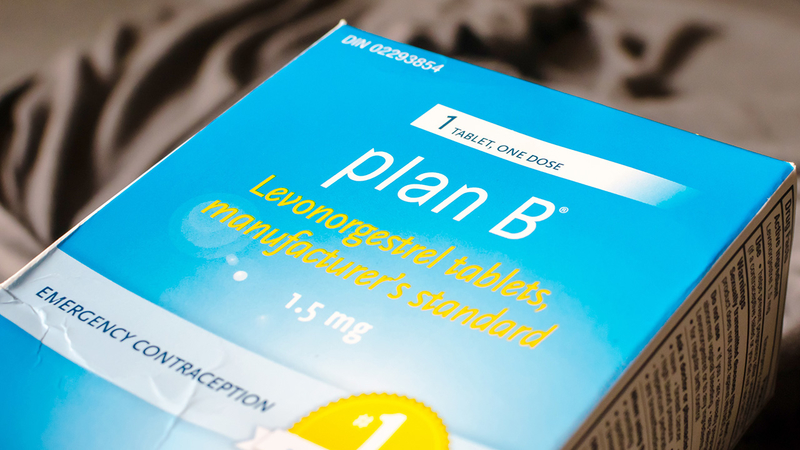
Does Plan B terminate a Fertilized Egg? | Morning After Pill Facts.
Plan B is a popular emergency contraceptive that many women use to prevent pregnancy. But does Plan B terminate a fertilized egg?
This is a question that many people have asked, and the answer is not clear.
The answer is no, Plan B does not terminate an implanted fertilized egg. Plan B works by delaying ovulation. If ovulation has already occurred, then Plan B will not be effective.
In order for pregnancy to occur, an egg must be fertilized by sperm and then implanted in the uterus. By delaying ovulation, Plan B prevents the egg from being released from the ovary, so it can’t be fertilized.
Even if the egg is released and fertilized, it’s highly unlikely that it will be able to travel to the uterus and implant itself, because implantation requires a stable endometrium (lining of the uterus).
Plan B causes changes in the endometrium that make it inhospitable for implantation.
Is Plan B An Abortion pill?
While there is some debate on the topic, the answer is no, Plan B is not an abortion pill. Often called the “morning after pill,” Plan B is a form of emergency contraception that can be used to prevent pregnancy after unprotected sex.
How Long Does Plan B Delay Ovulation?
How long Plan B delays ovulation depends on a number of factors, including the person’s age, weight, and medications they are taking.
In general, most people will ovulate within 5 days of taking Plan B. However, some people may experience a delay of up to 10 days.
If you are concerned about how long Plan B will delay your ovulation, you should speak to your doctor.

Emergency contraceptive pills are most effective the sooner you take them, but can still have some effect for up to 5 days.
How Effective Is Plan B?
While Plan B is highly effective, it is not 100% foolproof. In some cases, ovulation may still occur.
However, the vast majority of women who take Plan B will have their ovulation delayed for at least 24 hours.
This delay gives the body a chance to expel any sperm that may be present in the Fallopian tubes, making it much less likely that fertilization will occur.
For most women, Plan B is an extremely effective way to reduce the risk of pregnancy after unprotected sex.

Plan B has a 95% chance of preventing pregnancy if you take it within 24 hours.
Conclusion
If you are considering using Plan B as an emergency contraceptive, it is important to speak with your doctor first.
They will be able to give you more information about the risks and benefits of using this medication.
It is clear that the Plan B pill does not terminate an implanted fertilized egg. However, it is still important for women to be aware of all their options when it comes to contraception and pregnancy.
If you have any questions about this or any other reproductive health topic, please don’t hesitate to reach out to your doctor or contact us.
Dr James S Pendergraft | Orlando Women’s Center | Abortion Pill Clinic | Articles On Abortion


Leave a Reply